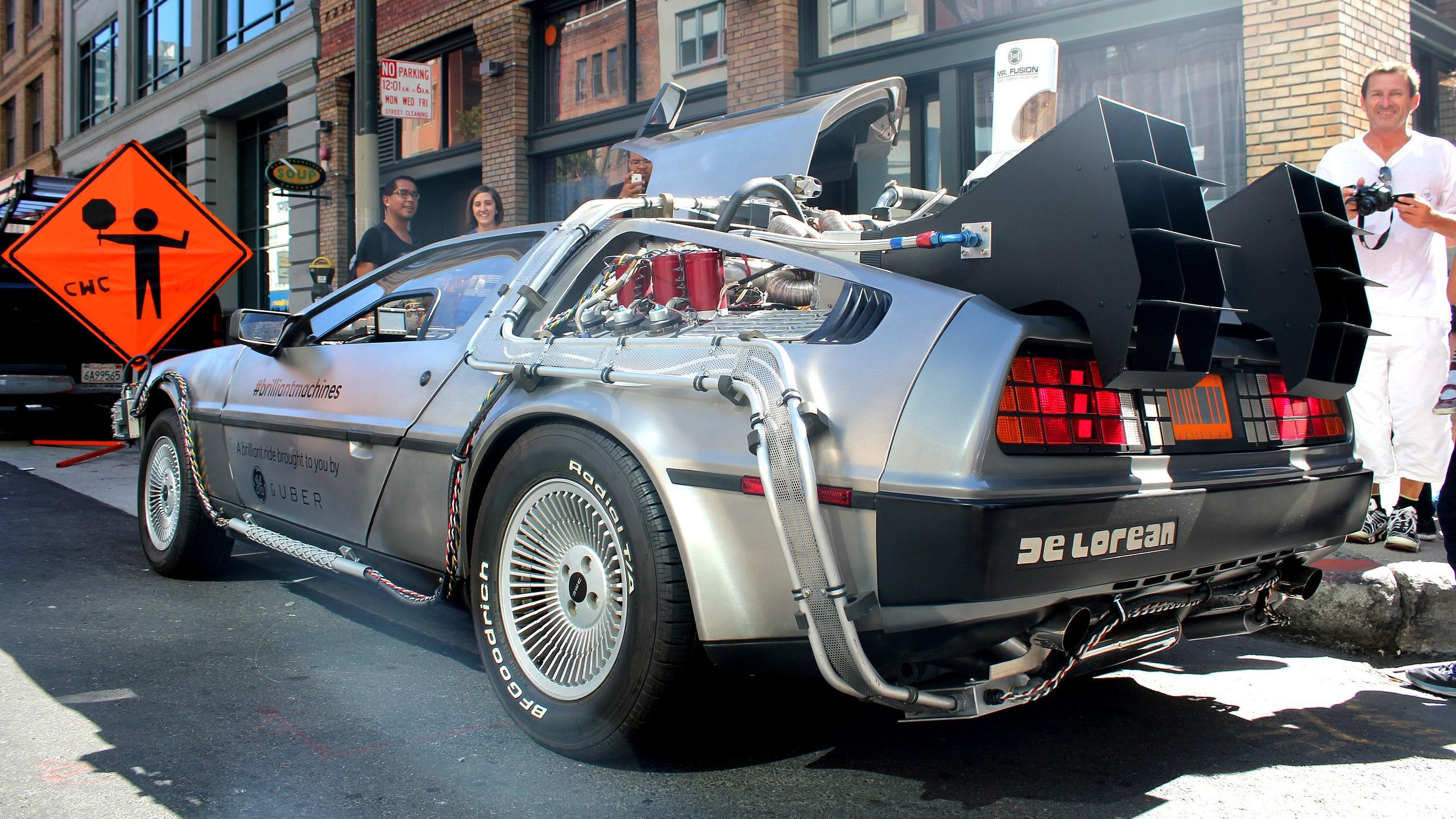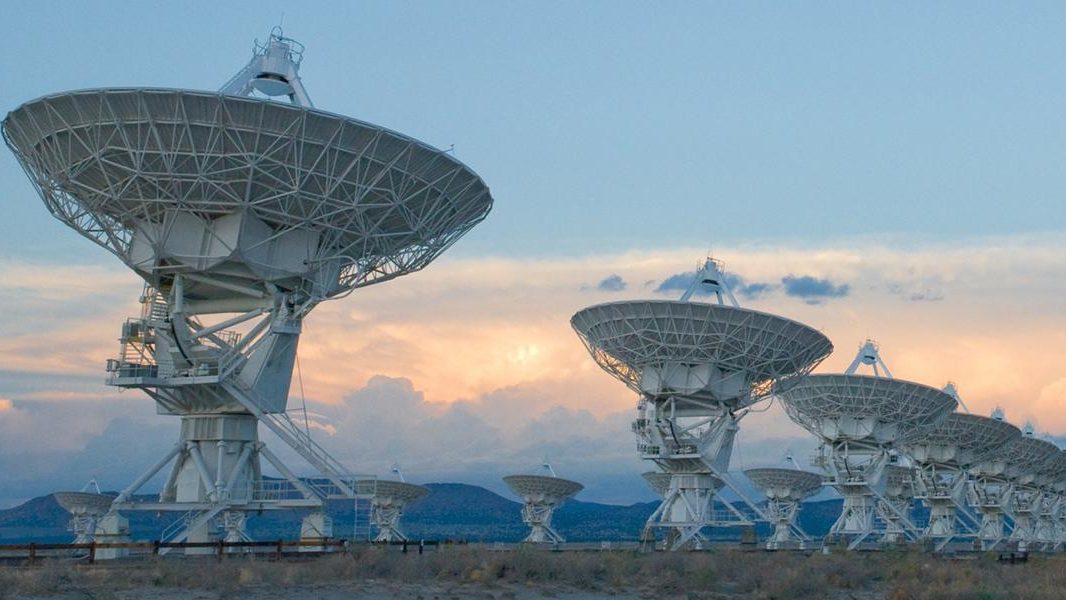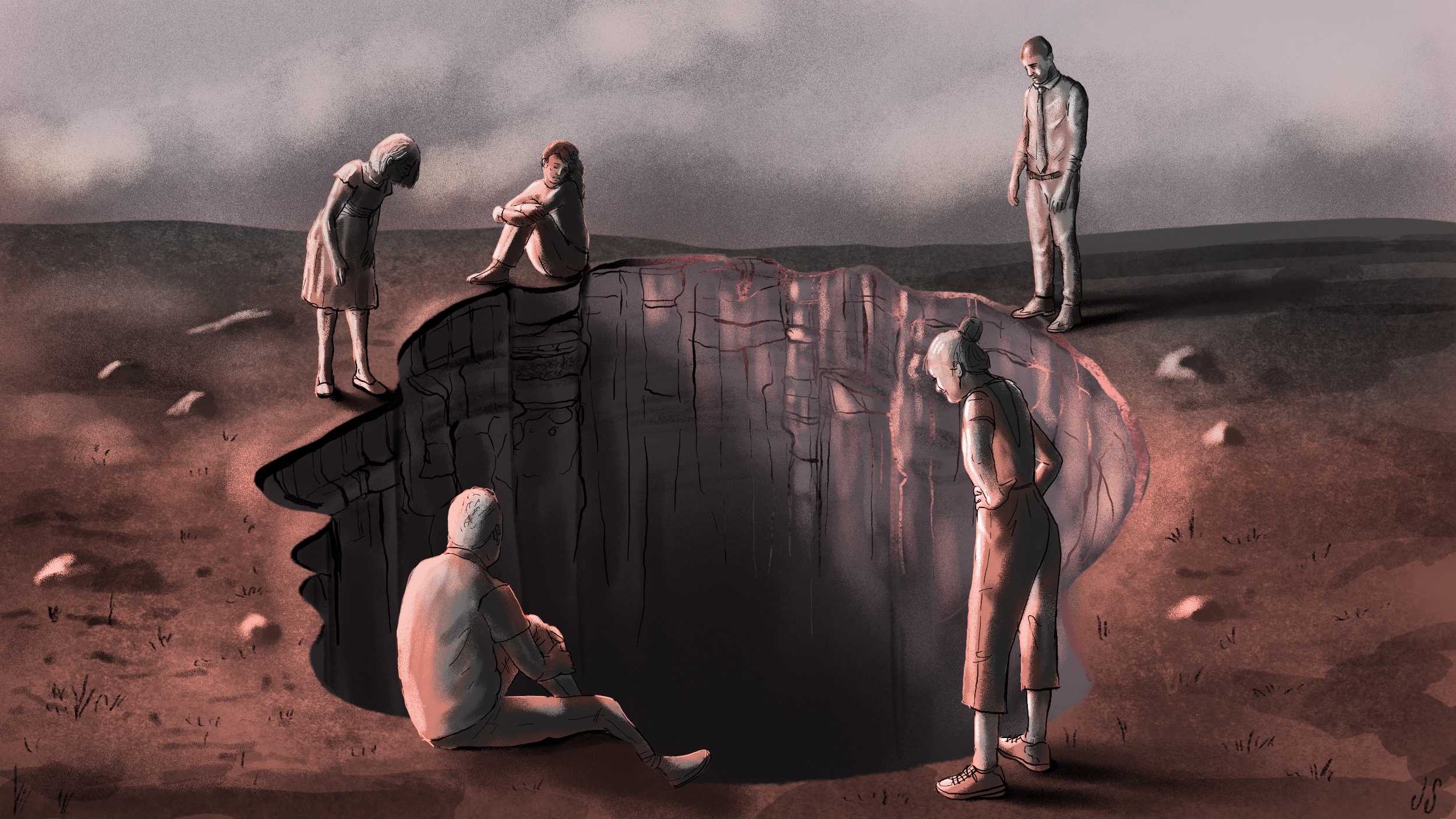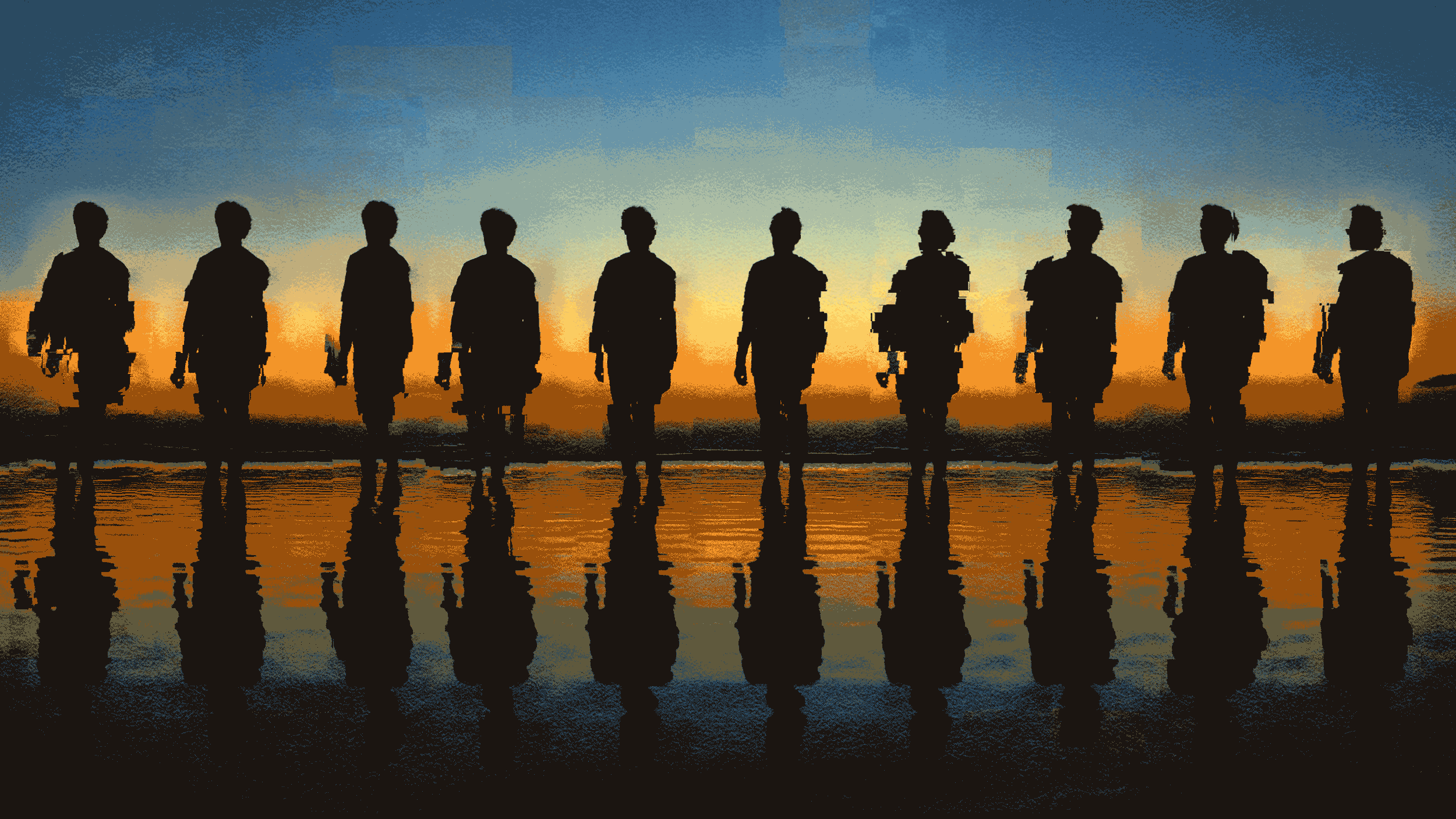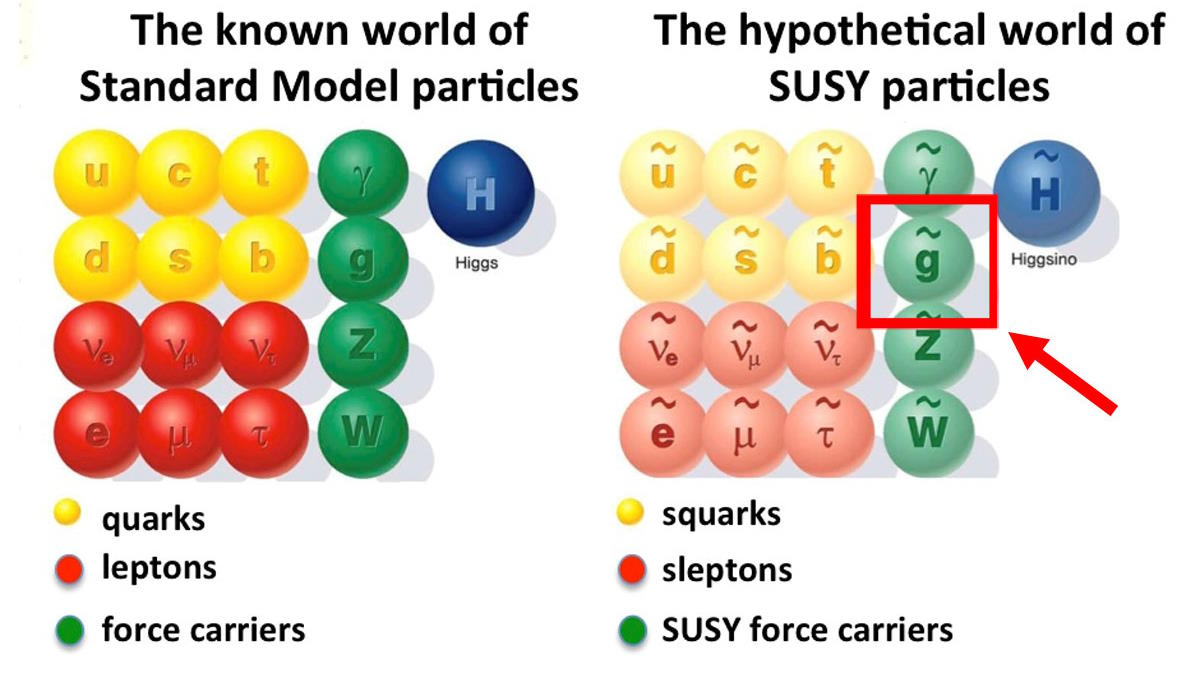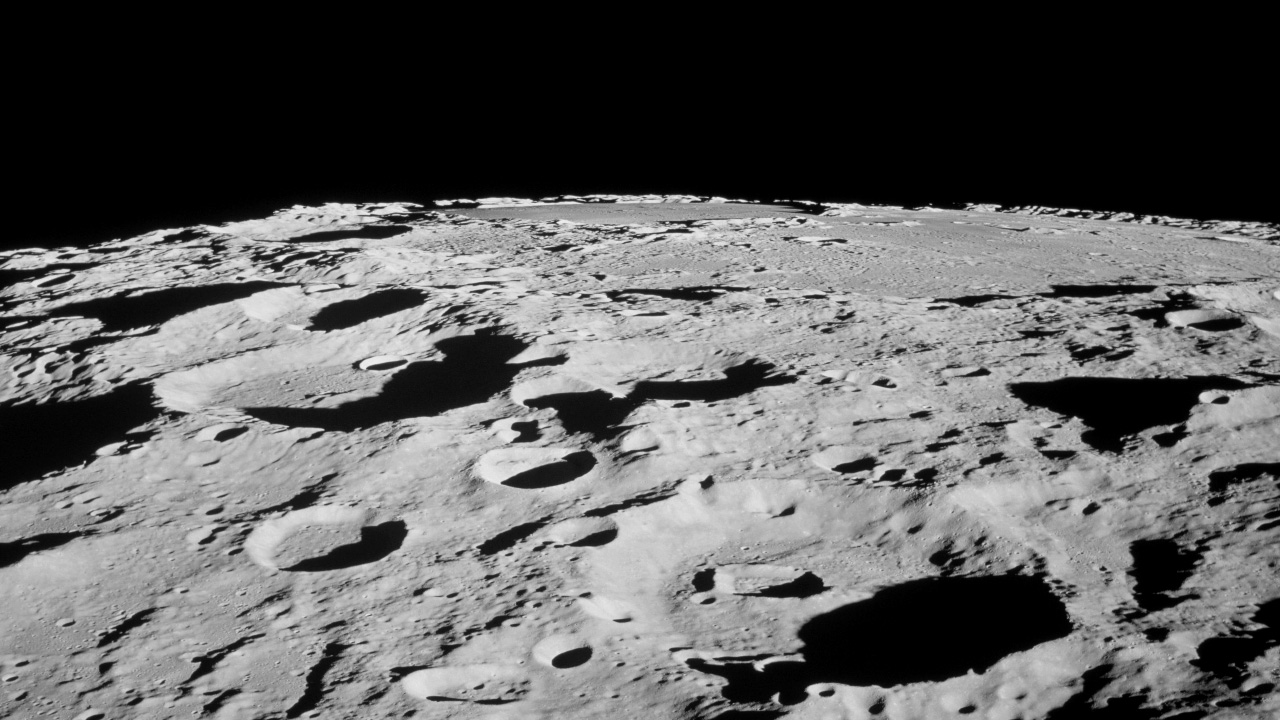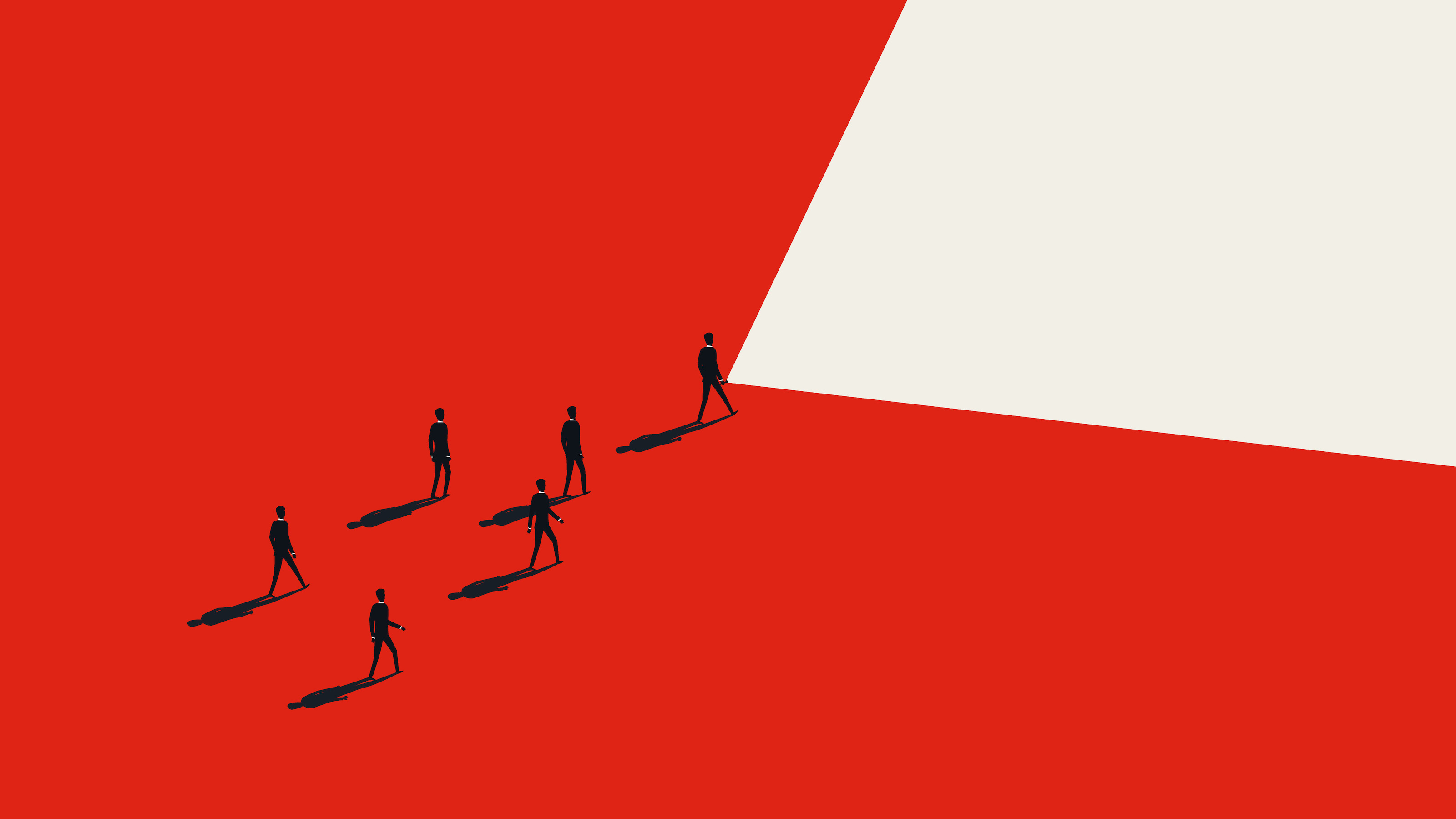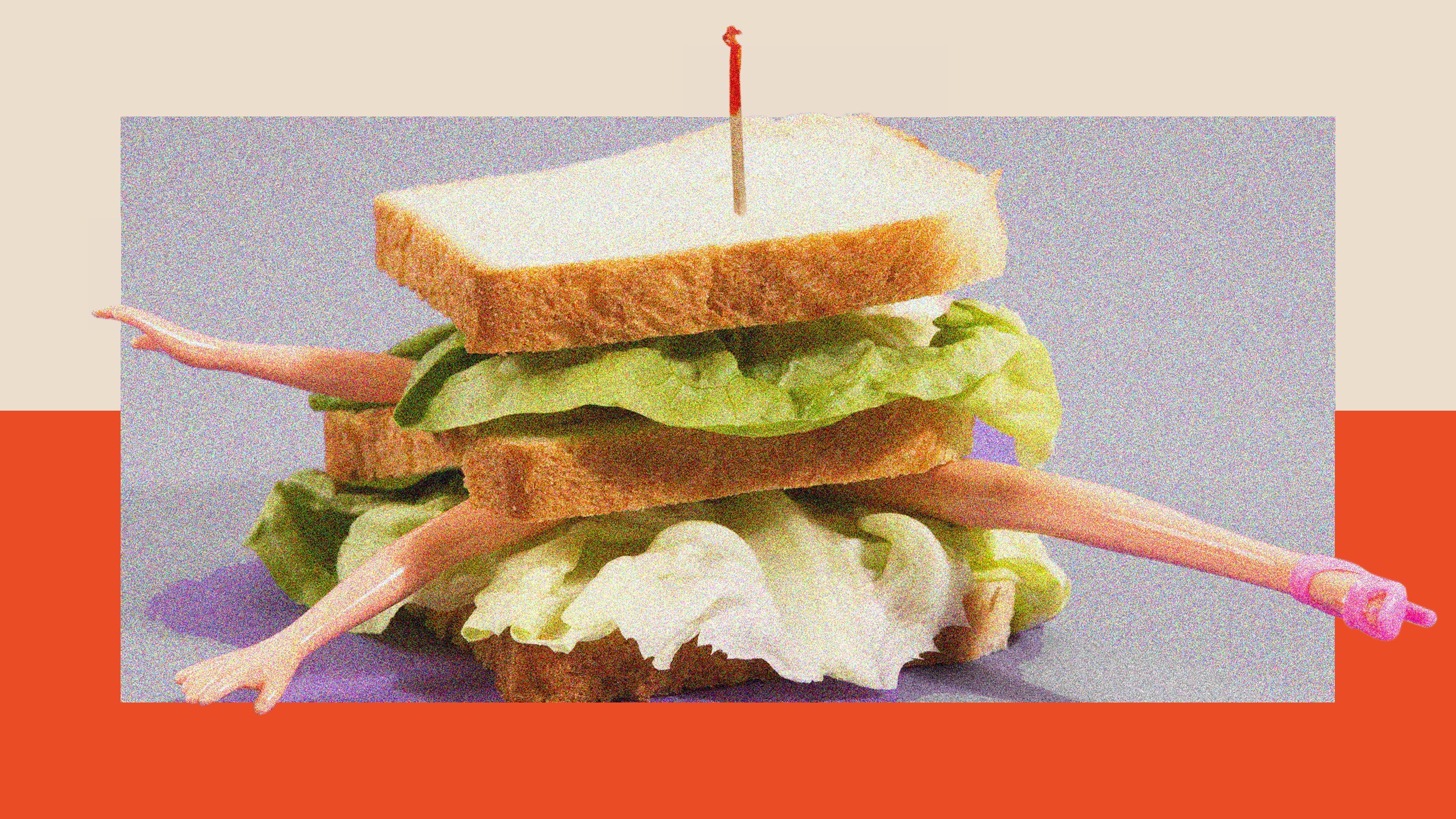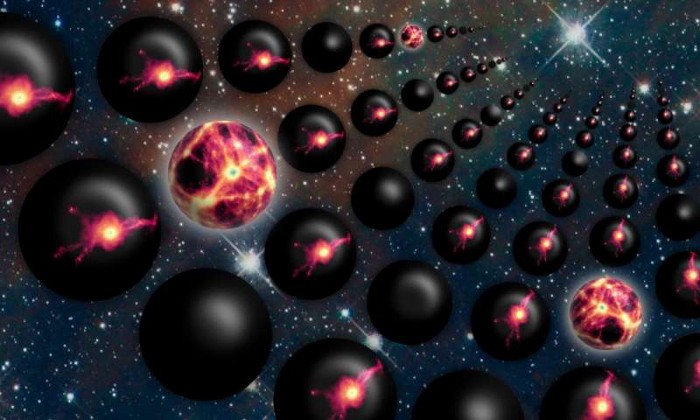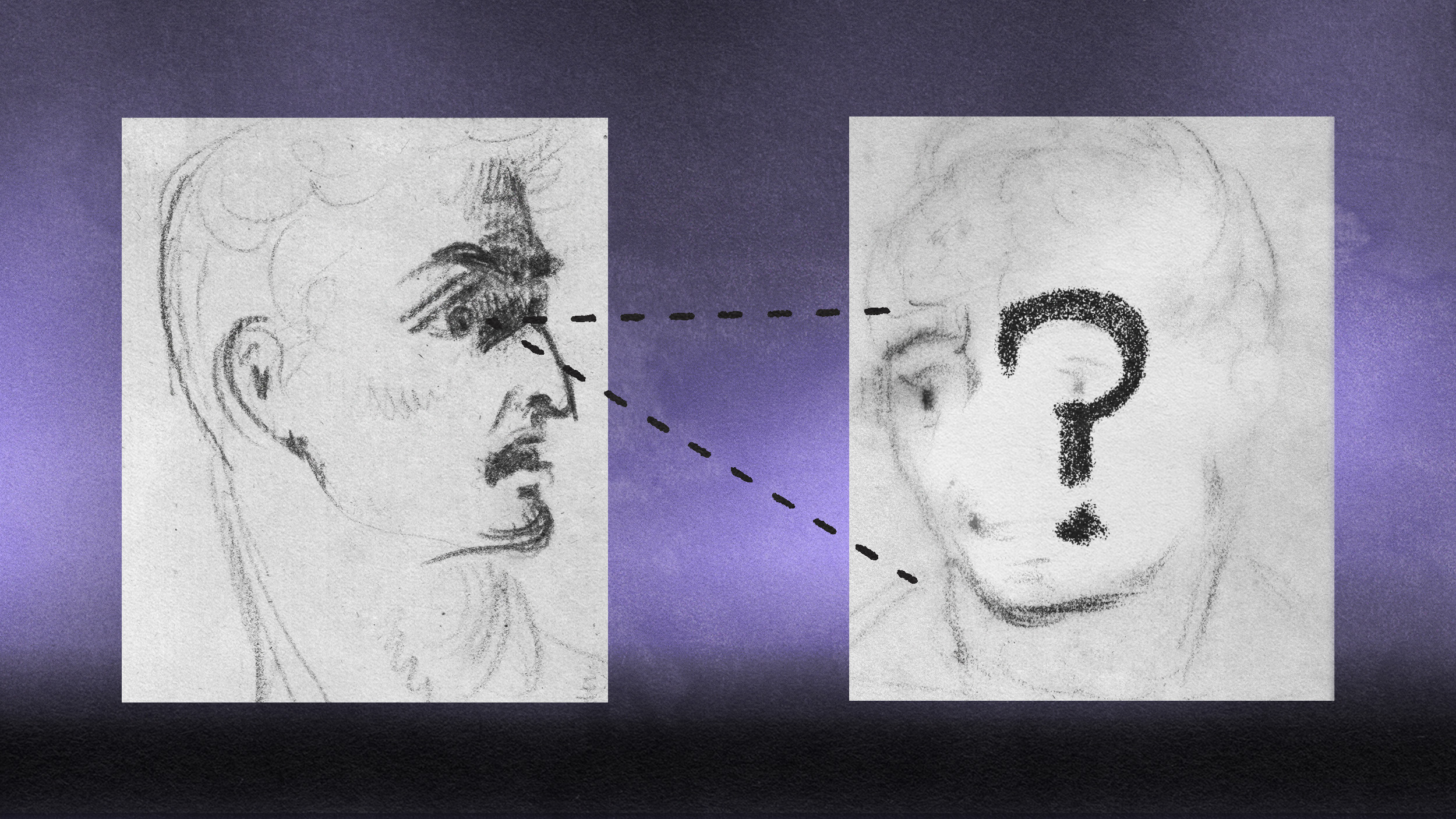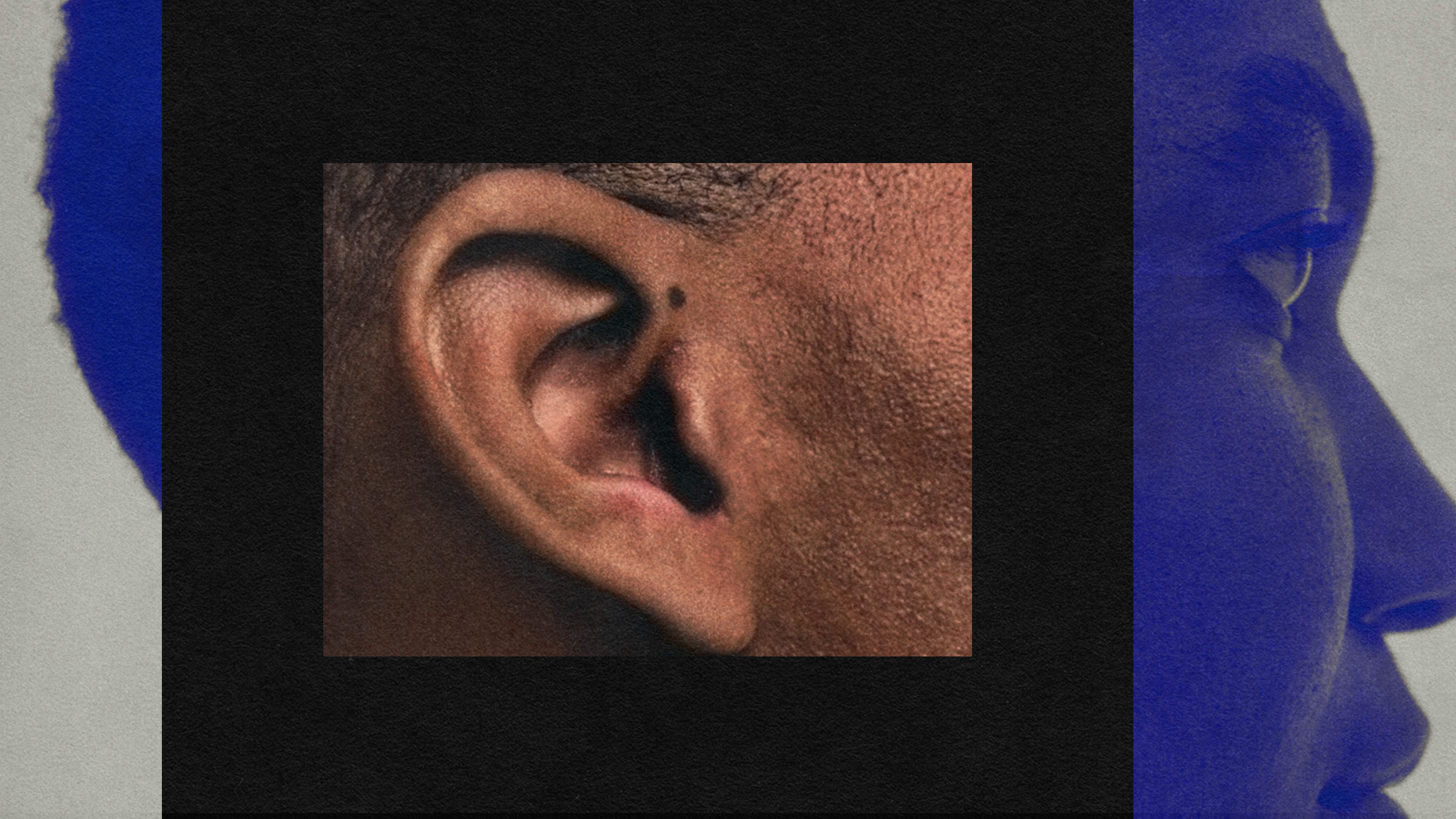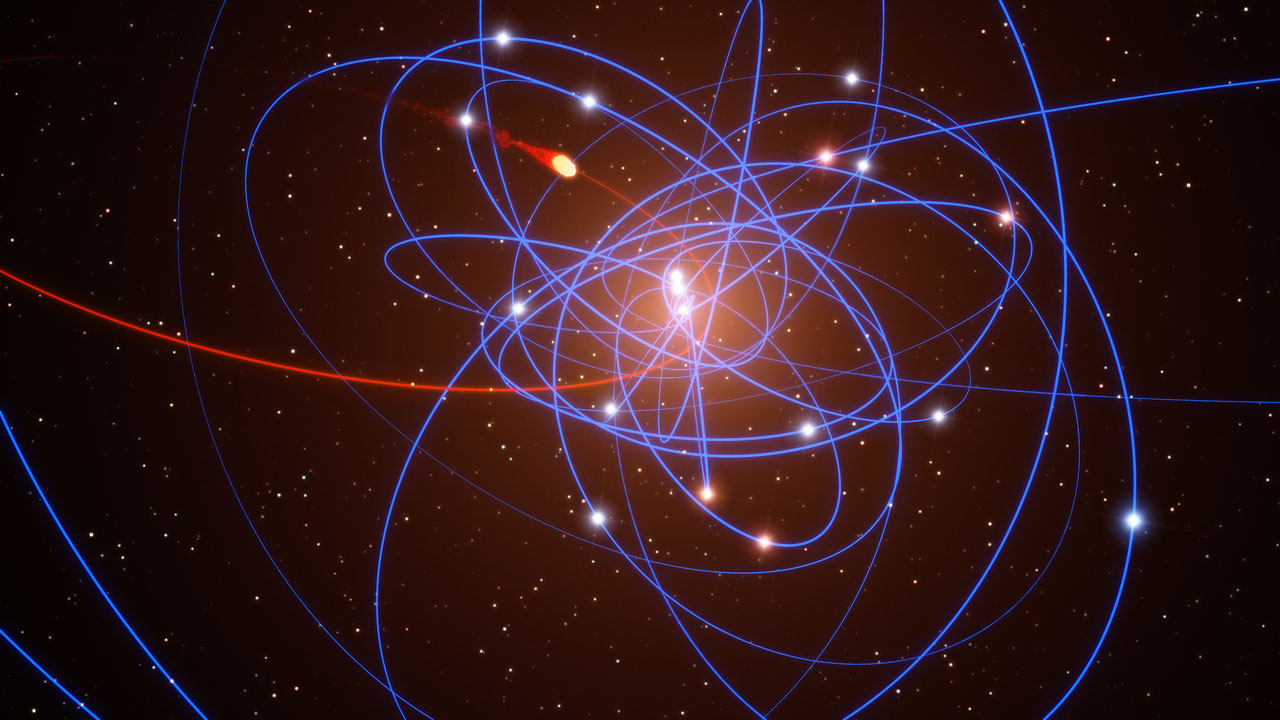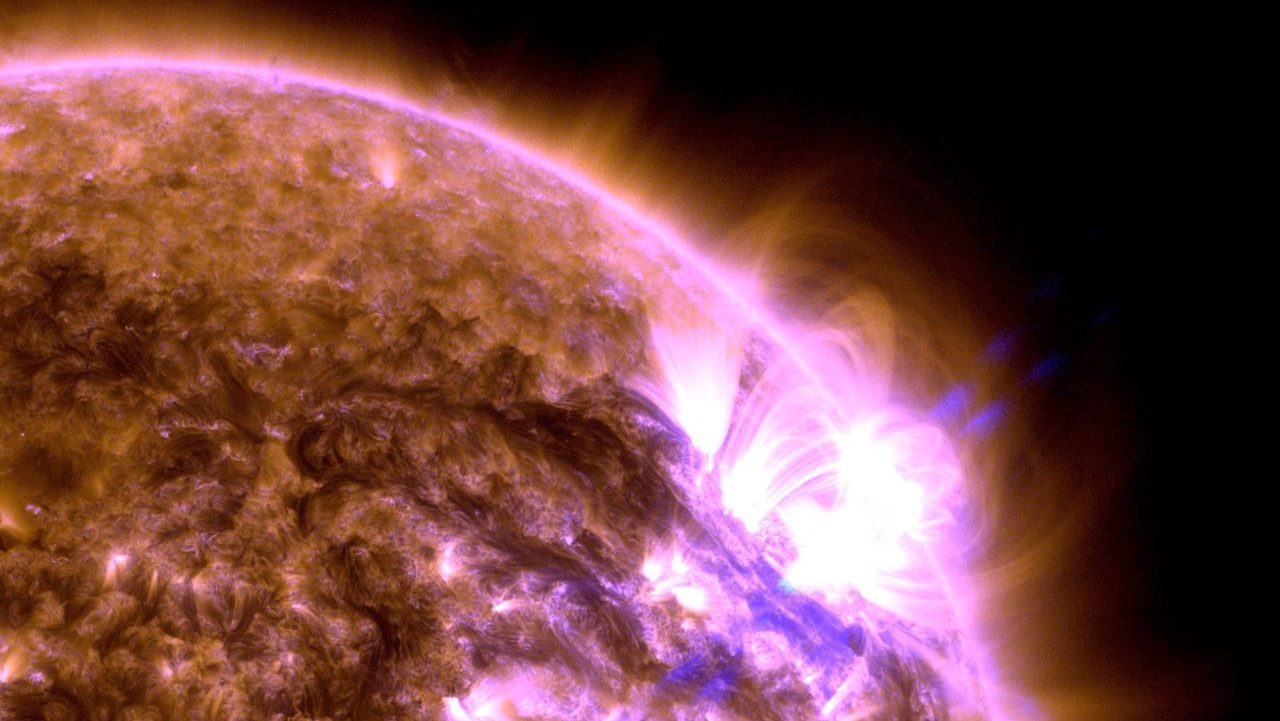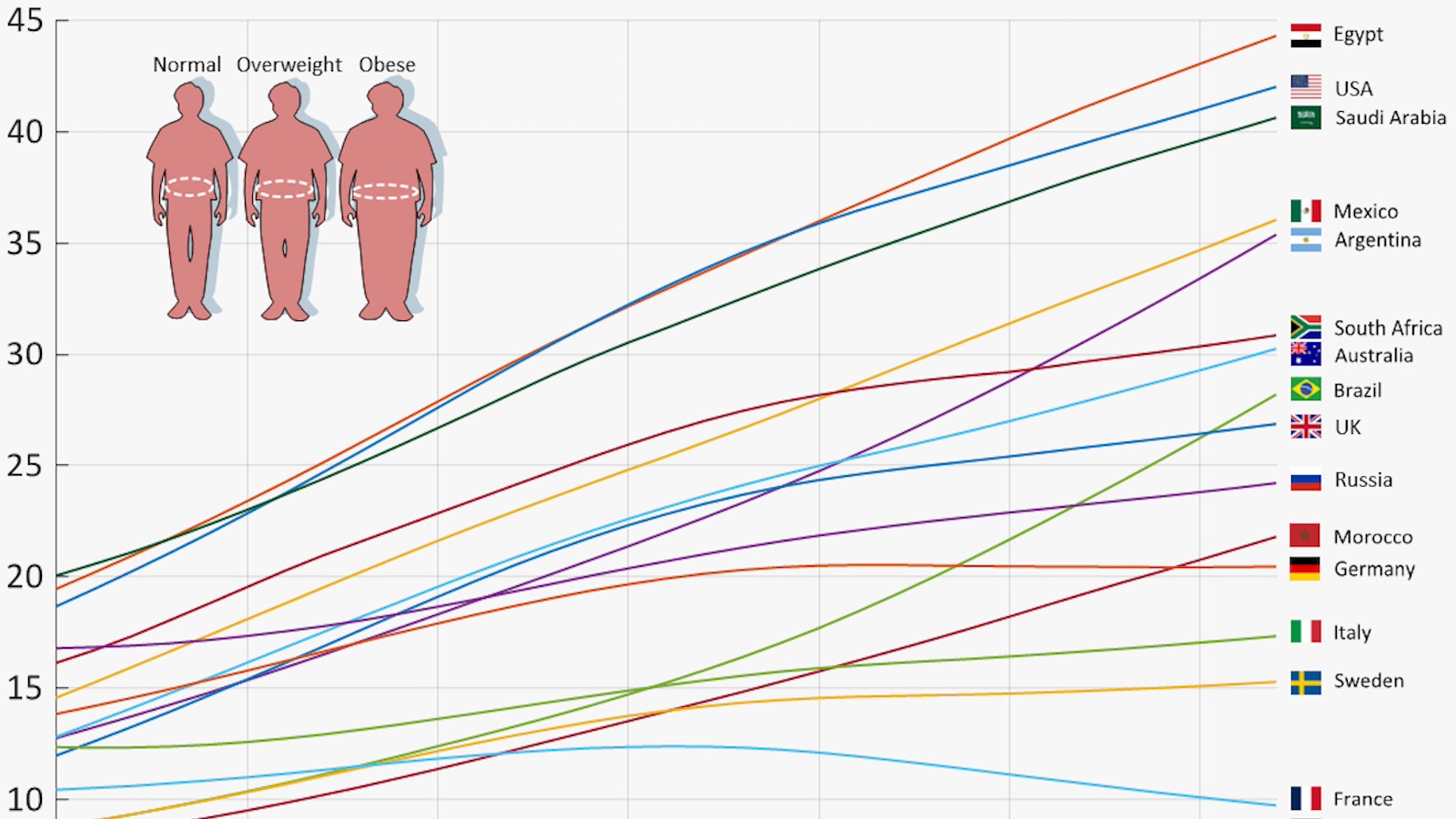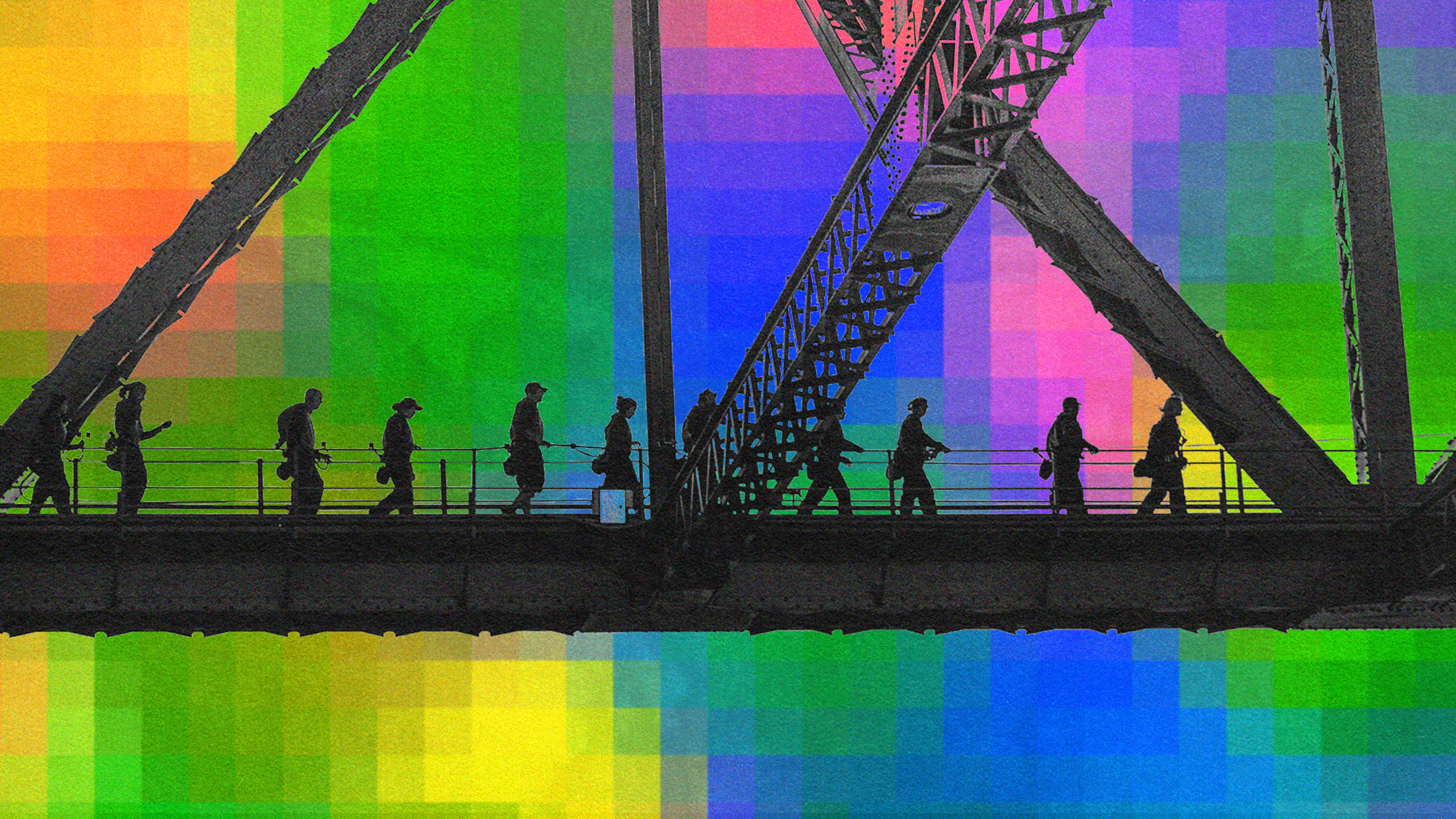Traveling back in time is a staple of science fiction movies. But according to Einstein, it’s a physical possibility that’s truly allowed.
All Articles
A researcher weighs in on who’s accountable, when and why, in the eyes of the law — and whether the measures work as intended.
The sharpest optical images, for now, come from the Hubble Space Telescope. A ground-based technique can make images over 100 times sharper.
Mental health awareness is more widespread than ever. Some professionals think it may have gone overboard — especially on TikTok.
AI projects reveal both heroes and villains in your workforce — success depends on maximizing the number of heroes.
Almost 100 years ago, an asymmetric pathology led Dirac to postulate the positron. A similar pathology could lead us to supersymmetry.
Neuroscientist Christof Koch on human minds, AI, and bacteria.
The Moon is the most likely place for evidence from the dawn of life on Earth to be preserved in cold storage.
Whatever your length of service in the top role, this tool-box will help you conquer adversity — and thrive.
From the coldest planets to spacecraft that have exited the Solar System, these little-known facts stump even many professional astronomers.
Should social media platforms have the right to decide what speech to allow online? Should the government?
A look back at the rise of solar power in the US and what’s next.
Sound may be an overlooked tool for boosting well-being.
Are fava beans and chianti really the best pairing for human liver?
Redemption is the journey towards becoming a better person. It’s the story of human life.
The Universe’s history, from cosmic inflation to the Big Bang to the present, is known. But whether it’s infinite or not is still a mystery.
An excerpt from renowned neuropsychologist Nicholas Humphrey’s book “Sentience: The Invention of Consciousness.”
The future belongs to complexity.
To understand others, you need to see past their fleeting emotions. You must perceive who they are as people.
Depression can cause you to think too much — and physically sense too little.
Although the Big Bang occurred at an instant in time long ago, we still see the light from it. Will the evidence ever disappear completely?
“How long someone thinks about [a] problem is a really good proxy of how humans behave.”
Known as hypervelocity stars, we originally thought just one would be ejected every 100,000 years. The real number is much greater.
Northern lights in the American South, clusters of huge geomagnetic storms—the Sun is throwing a tantrum right on schedule.
Waistlines are expanding in most countries, except for a skinny list of nations bucking the trend.
Why Netflix adopted the “No Brilliant Asshole” rule — and how to make sure bullies don’t destroy teams.
Generative AI is arriving fast — both overtly and covertly — and without solid L&D guidance leaders and teams will be hobbled, argues Matt Beane.
Newborn stars are surrounded only by a featureless disk. Debris disks persist for hundreds of millions of years. So when do planets form?
The philosopher Skye C. Cleary explores what being authentically happy looks like in a world where so many can’t be.
